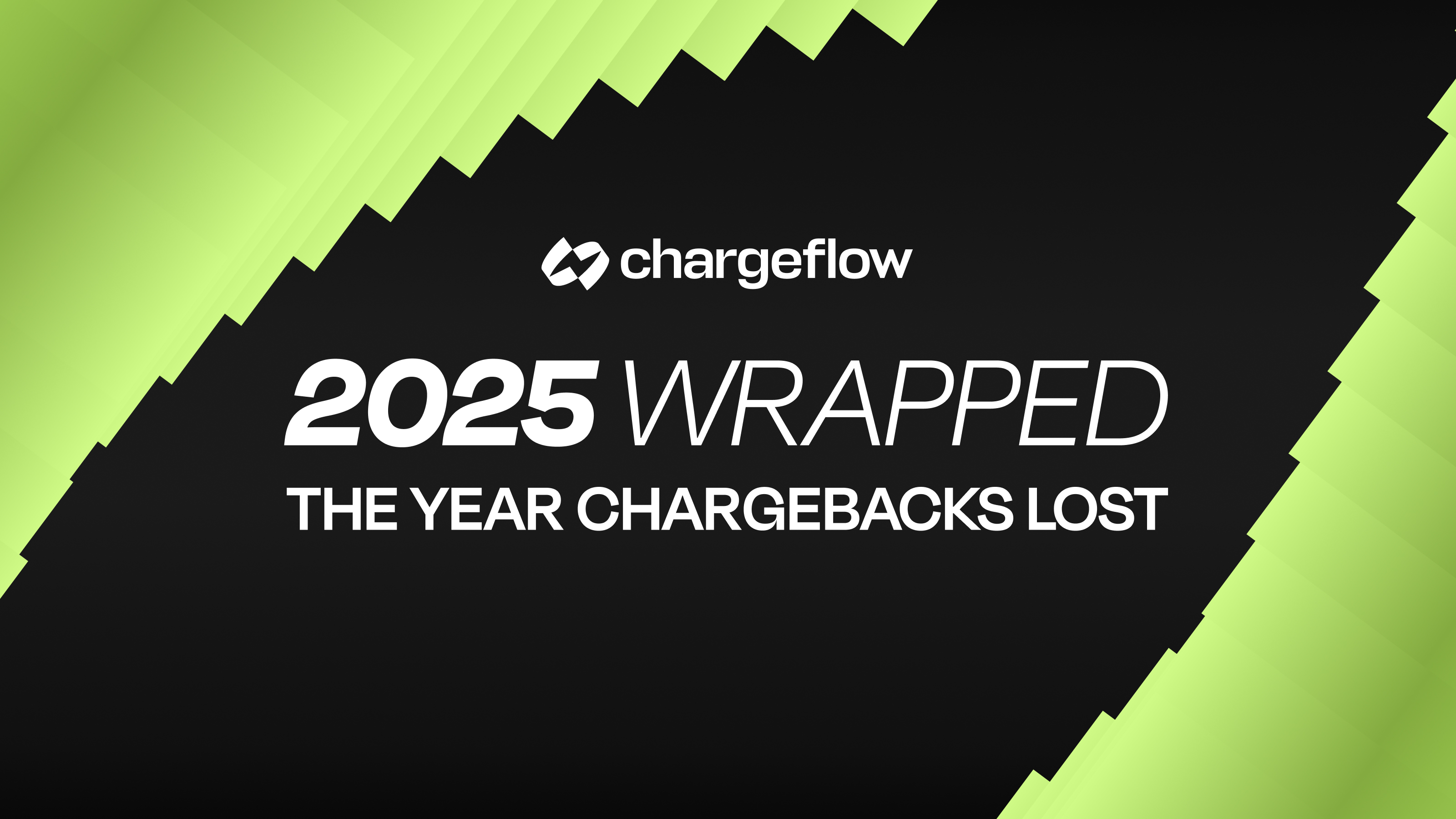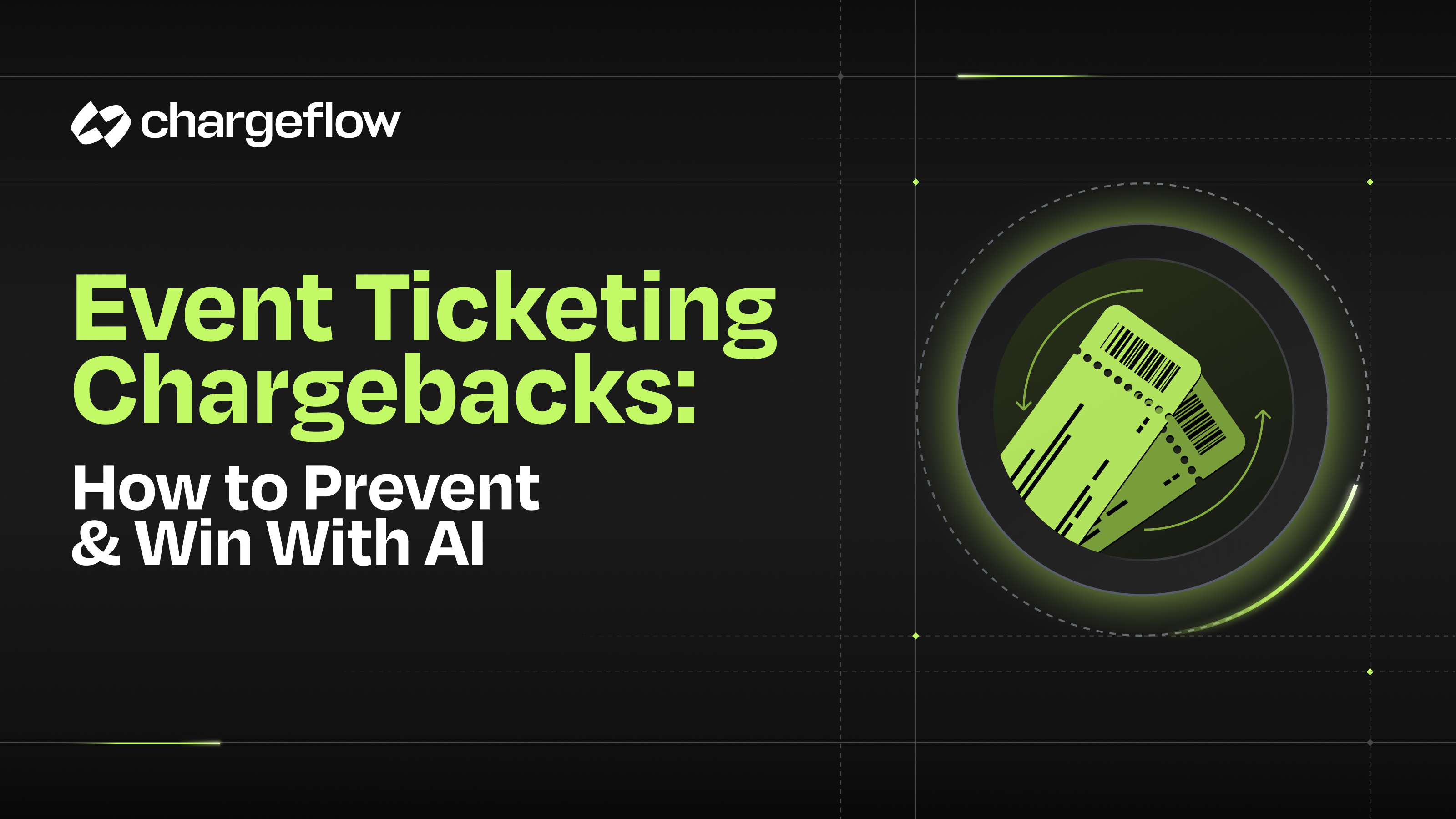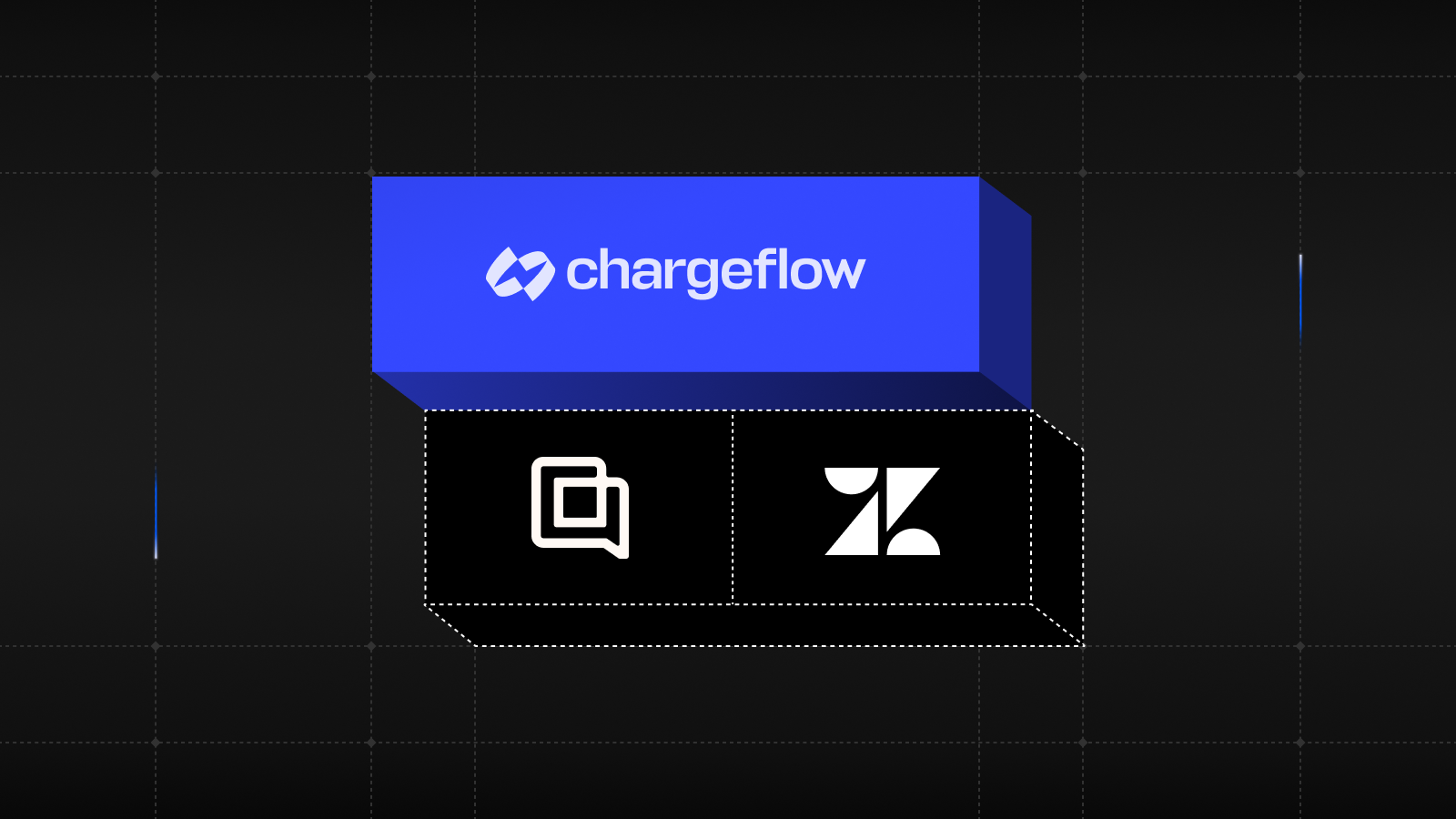Chargeback Time Limit: Everything You Should Know as a Merchant

Chargebacks?
No longer your problem.
Recover 4x more chargebacks and prevent up to 90% of incoming ones, powered by AI and a global network of 15,000 merchants.
Chargeback time limit: Most card networks give cardholders up to 120 days to dispute a transaction. But merchants have less than 30 days to respond.
The chargeback time limit is a fixed period in which all parties involved in the dispute can respond at any phase of a chargeback process. Cardholders, banks, and vendors are required to adhere to the card network's stipulated dispute timeline if they wish to initiate a chargeback or contest a claim.
Therefore, it is absolutely crucial you, as a merchant, have an understanding of the given time limits of the credit cards your store accepts. This knowledge will gives you a clear runway to exercise your dispute mediation rights and contest any meritless chargeback to ensure you don’t lose cases by default.
Before we get started into the best insights for an unfair advantage over fraudulent chargebacks in these times of elevated cases, it’s crucial we clarify the types of chargeback time limits for cardholders and merchants:
- The time limit for cardholders: The time limit given to any cardholder who wishes to dispute a charge, which is 60 to 120 calendar days.
- The time limit for merchants: The period merchants have to respond to a claim.
With the basics established, let's dive into the article. Let's highlight chargeback time limit best practices that will help ensure you never run out of time!
How Long Do Merchants Have to Respond to a Chargeback?
By and large, merchants have 30 business days to respond to each chargeback phase when a Visa or Discover card is involved. Mastercard gives merchants a chargeback time limit of 45 days for each stage of the dispute. While over at American Express, a merchant’s dispute response time limit is 20 days for any phase of the case lifecycle.
It’s essential to note that chargeback time limits for acquirers differ significantly from those for merchants.
Depending on the credit card issuer involved, acquirers use 20 or 45 days to complete administrative tasks. This might eat up huge chunks of time at any stage of the process, leaving you with a tiny window to:
- Gather compelling evidence
- Craft a bullet-proof response letter
- submit your represent case
Knowing that chargeback time limits are a crucial first step in the win/loss probability of a dispute lifecycle is one thing. Understanding the relevant parameters that helps you beat the clock is another.
What Goes Into Deciding a Chargeback Time Limit?
There are several indices that determine chargeback time limits. And first on the list is the chargeback reason code.
On the cardholder’s flank, most chargeback reason codes allow cardholders to file a dispute between 90-120 days from the transaction date. Chargebacks caused by internal merchant errors have a shorter time frame as the issuer or processor can easily catch merchant errors before they reach the consumer.
Vendors have a 20-45 days window to respond to any dispute phase. Although that might seem generous, it’s not. There are specific factors that might impact your time limit.
Aside from issuers, payment processors play a role in controlling chargeback time limits. Their policy determines how much time you have. For instance, suppose that your payment processor is PayPal. In that case, customers have 180 days to file a claim, which is 2X what the major payment card brands give. Yet, you, the merchant, have only seven days to respond.
That’s not all.
While card chargeback time limits begin on "Day One" of each dispute phase, you may get the illegitimate chargeback notice much later. In some cases, that might be 2-3 days to the response time limit due to administrative delays from your acquirer.
Additionally, the stage of the dispute also comes into play. The Day One qualifier resets at every chargeback phase. Consequently, even though credit card chargeback time limits are predefined, they are still subject to your progress in the various dispute stages. Arbitration gives the merchant 10 days to refute chargeback claims.
It'll be impossible to win a dispute if you don’t understand how different banks, card networks, and reason codes impact the time you have to respond.
Insight Into Card Network Time Limits
Card schemes have the most significant control over chargeback time limits. Unfortunately, there are no uniform rules or wording regarding these processes. Yet, the underlying principles are the same: to expedite the chargeback process and ensure a clear consensus.
Below we review the various card network time limits further.
Visa Chargeback Time Limits
Visa gives cardholders up to 120 days from the original transaction or order delivery date to file a chargeback. Unauthorized/fraudulent transaction disputes or fraudulent activities may attract some exceptions where Visa allows cardholders to file chargebacks within 75 days of the transaction.
But for acquirers and merchants, Visa demands a chargeback response by 30 days of Day One for each cardholder dispute phase. Arbitration or pre-arbitration chargebacks attract an exception of 10 days.
Mastercard Chargeback Time Limits
All things being equal, cardholders in the Mastercard network have 120 days from the Central Site Business Date (CSBD) to file a chargeback. Mastercard interprets CSBD as the day of merchant transaction processing or delivered the order.
Mastercard gives acquirers and merchants 45 days as the standard response time limit. A crucial exception to that policy is when they issue a request for more information on a dispute. And a merchant must respond within 18 days.
Discover Chargeback Time Limits
Discover acts as a bank and card network, but it still works with some select card issuers. Similar to Visa and Mastercard, Discover gives cardholders a maximum of 120 days after a transaction to file a dispute however, for some particular chargeback reason code it might offer a shorter timeframe. Discover calls it a ticket retrieval request in which merchants have to dispute the chargeback claim to accept the error at their end.
Over at the acquirers and merchants' side of the aisle, the time limit is shorter. Discover sets the initial response time limit at 20 days. Also, if any party wishes to appeal a representment outcome, they must do that within 30 days. And merchants have 15 days to request arbitration.
Amex Chargeback Time Limits
Amex cardholders previously had no time limits for filing a dispute. But now, any customer that wishes to dispute a charge must do that within 120 days of the original transaction. Day One could defer, though. And cardmembers can only file two disputes on one order.
For acquirers and merchants, Amex says they must respond within 20 days by either accepting the dispute or proving how the chargeback request is meritless.
Beat the Clock and Win More Disputes
Chargeback time limits are crucial because they speed up the chargeback process. They limit the back-and-forth processes of mediating a dispute.
But the short time frame also adds significant pressure on merchants, making it impossible for one to prepare adequately. If you manage chargebacks manually, it’ll be difficult to respond within the allotted time frame. You’ll have numerous tasks and barely enough time to get things done. The outcome is you keep forfeiting hard-earned revenue.
Even if you manage to respond within the time limit, a 12% success chance isn’t much fun. The rush to beat the clock means you could omit touch points and components that could help you level up. Or you could work at cross-purposes with the ever-changing rules, meaning more expenses with zero ROI.
With Chargeflow’s automated chargeback solution, you can stay on top of your disputes. You can stop washing your revenue down the dispute meditation pipe. You can keep your chargeback rate in control with automated chargeback dispute process.
You can quickly gather compelling and sufficient evidence and customize your response to optimize your win rate and limit losses. You remove redundancies, improve ROI, and grow your capacity as your business scales by submitting responses on autopilot.
Here’s one more thing: Chargeflow uses a success-based pricing strategy. So, you only pay when you win, which means maximum accountability.
Chargebacks cost merchants lots of money. But you now have the chance to refute every fraudulent friendly fraud chargeback without harming your business relationships.
Ready to get started with Chargeflow and stay ahead of your disputes? Then don't hesitate a moment longer, say yes to Chargeflow, and no to chargebacks!

Chargebacks?
No longer your problem.
Recover 4x more chargebacks and prevent up to 90% of incoming ones, powered by AI and a global network of 15,000 merchants.
















































.png)








